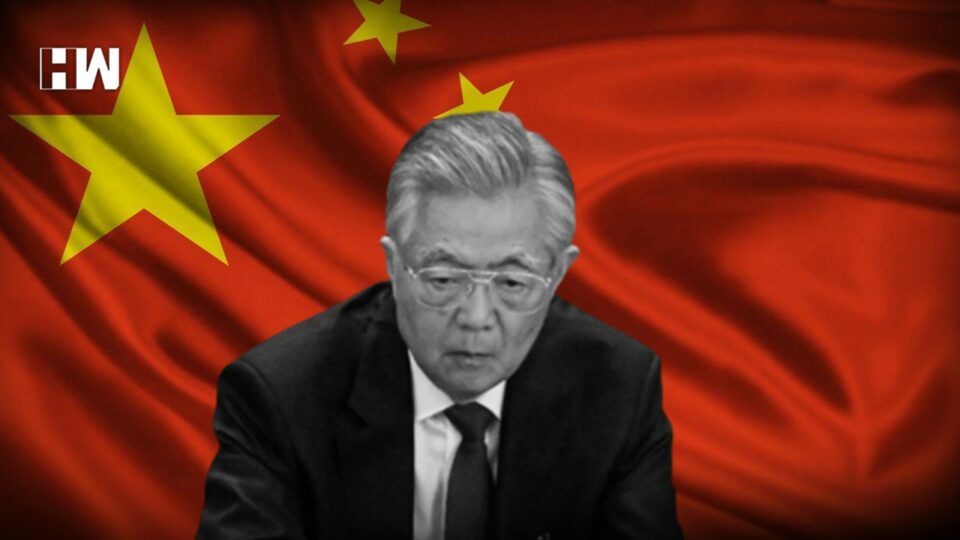Hu Jintao was a member of the CCP politburo standing committee, China’s de facto top decision-making body, from 1992 to 2012. He was at the peak of his political career from 2002-2012.
A video of former Chinese president Hu Jintao being escorted out of the ‘Great Hall of the People’ in Beijing on Saturday during the closing ceremony of a congress of the ruling Communist Party is making rounds on the internet.
Early drama: Hu Jintao seen being led out soon after reporters are led into the main hall pic.twitter.com/pRffGZF60I
— Danson Cheong (@dansoncj) October 22, 2022
Who is Hu Jintao?
Hu Jintao, a retired Chinese politician, served as general secretary of the Chinese Communist Party(CCP) from 2002-2012. He was also president of the People’s Republic Of China(PRC) from 2003-2013 and the chairman of the military commission from 2004 to 2012.
Also Read:“Ask Your MP To Quit”: Prashant Kishore’s Challenge To Nitish Kumar
Hu Jintao, joined the Chinese Communist Party (CCP) in April 1964. The same year he graduated from Tsinghua University after studying hub hydropower stations at the Water Conservancy Engineering Department.
During his term in office, Hu reintroduced state control in some sectors of the economy that were relaxed by the previous administration and was conservative with political reforms. Along with his colleague Chinese premier Wen Jiabao, Hu presided over nearly a decade of consistent economic growth and development that cemented China as a major world power. He sought to improve socio-economic equality domestically through the Scientific Outlook on Development, which aimed to build a “Harmonious Socialist Society” that was prosperous and free of social conflict. Under his leadership, the authorities also cracked down on social disturbances, ethnic minority protests, and dissident figures which also led to many controversial events such as the unrest in Tibet and the passing of the Anti-Secession Law. In foreign policy, Hu advocated for “China’s peaceful development”, pursuing soft power in international relations and a corporate approach to diplomacy.
Hu possessed a modest and reserved leadership style. His term in office was characterized by collective leadership and consensus-based rule. These traits made Hu a rather enigmatic figure in the public eye. His administration was known for its focus more on technocratic competence than a persona. At the end of his tenure, Hu won praise for retiring voluntarily from all positions. He was succeeded by the current Premier of China Xi Jinping.
In July 1965 he started working as an engineer. In 1968, Hu volunteered for his service in Gansu and worked on the construction of Liujiaxia Hydroelectric Station while also managing CCP affairs for the local branch of the Ministry of Water Resources and Electric Power. From 1969 to 1974, he worked for Sinohydro Engineering Bureau.
Hu Jintao was a member of the CCP politburo standing committee, China’s de facto top decision-making body, from 1992 to 2012. He was at the peak of his political career from 2002-2012.
In 1998 he was elected vice president of China,
Foreign Policy:
Throughout Hu’s tenure, China’s influence in Africa, Latin America, and other developing regions increased. He also sought to increase China’s relationship with Japan. He also downgraded relations with Russia because of unfulfilled deals.
In March 2003 Hu was elected president of China by the National People’s Congress. He consolidated his power in September 2004 when he was named chair of the Central Military Commission (CMC)
Meanwhile, reports suggest the unexpected exit of Hu Jiantao may be because of medical reasons.
As an independent media platform, we do not take advertisements from governments and corporate houses. It is you, our readers, who have supported us on our journey to do honest and unbiased journalism. Please contribute, so that we can continue to do the same in future.

